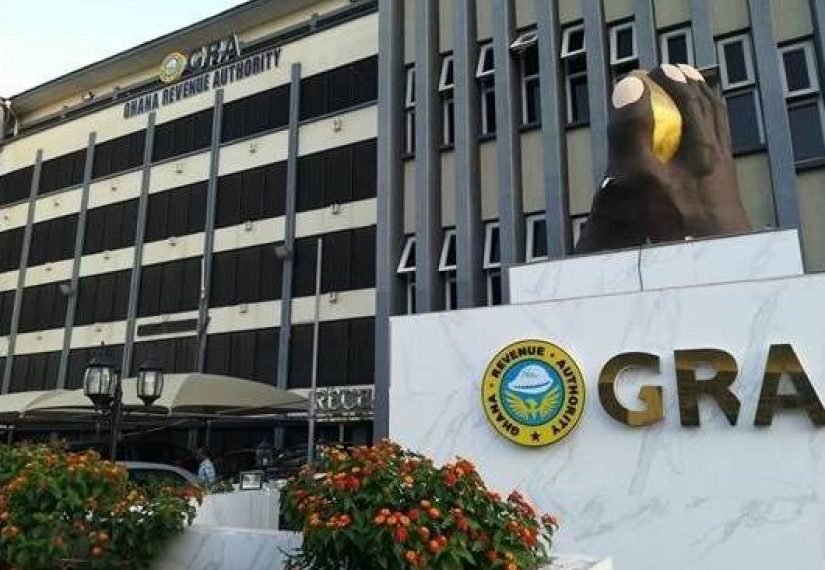The integration of the various databases in the country has exposed the weaknesses in the taxpayers’ compliance to filing of tax returns with the Ghana Revenue Authority (GRA).
According to the GRA, the completion of the comprehensive integration exercise with other government institutions, saw a total of 14 million registered taxpayers on its books. However, 8 million taxpayers, the majority of registered taxpayers, have not been filing their tax returns, leaving 6 million complying with the tax laws. This means 57 percent of taxpayers do not comply with the tax regulation of a compulsory filing of their returns.
However, it is still not clear whether all the taxpayers who fail to file their returns do not also pay their taxes. The Commissioner-General, Ammishaddai Owusu-Amoah, explained that even though the majority of taxpayers on the current database of the GRA after the completion of the integration exercise do not file their tax returns, they might be paying their taxes.
“From the data, you find out that there are a number of people that are supposed to be in the legal profession, medical profession, engineers, financial sector among others; but there is no evidence to the effect that they have filed their tax returns.
“You find people who are above the age of 35 and below the age of 65 who have residence in the top-10 affluent places in Ghana – like Labone, Cantonments, East Legon, yet you do not find their names in the database. Fortunately, we have their names, numbers and Ghana Post GPS, and we will engage them”.
Reasons for non-compliance
Meanwhile, the GRA Boss cited two possible reasons that may account for the huge number of taxpayers who do not file their tax returns. He explained that some of these people may bepaying the Pay as You Earn (PAYE) and as such feel that they are paying their taxes but do not file anything with the GRA. According to him, this means that “he or she has not previously registered for TIN. It doesn’t mean that he or she is not paying; it simply means that he is not filling. But there may be others who are also not paying anything at all”.
As a result, the GRA has outlined measures to engage taxpayers who are not filing their tax returns to do so, taking advantage of the tax waiver introduced in the 2021 budget which is expected to end in September this year.
Consequently, Mr. Owusu-Amoah said that it is important for every individual to file his or her tax returns, as a lot of effort will be put into engendering compliance. Efficiency in the tax system is required for the country to improve its revenue mobilization through taxation, especially as government target a tax-to-GDP ratio of 28 percent in the next three years.
The integration of the databases saw the GRA and the Registrar-General’s Department collaborate with the National Identification Authority to convert the Ghana Card Personal Identification Numbers into Taxpayer Identification Numbers (TIN) for tax identification purposes.
READ ALSO: Credit to the private sector to expand by 8.6% in 2021























